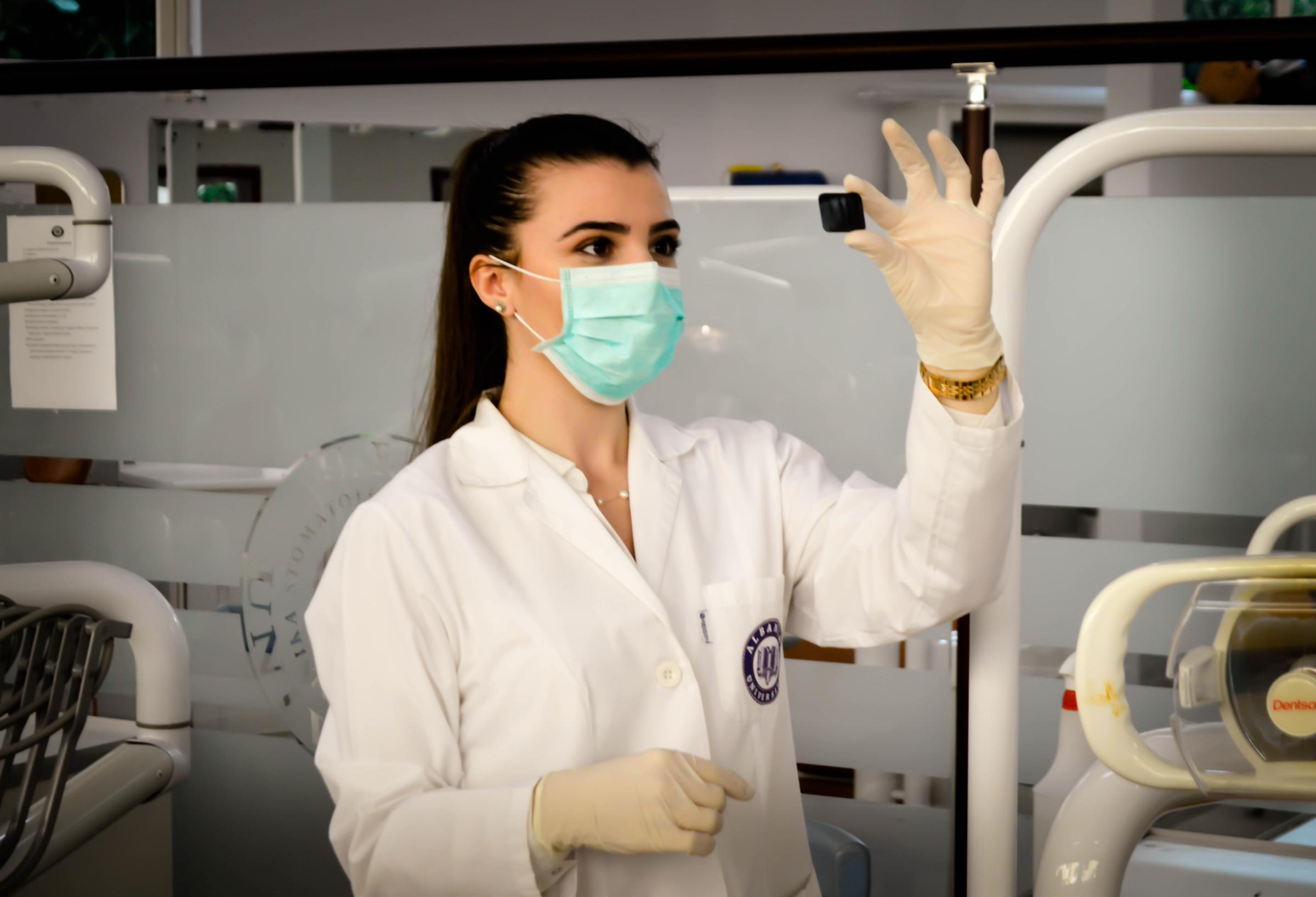Career Snapshot - Biomedical Engineer

Career as a Biomedical Engineer
The Good Universities Guide* states that Biomedical Engineers apply engineering and scientific methods to find solutions to problems in medicine and the life sciences. Biomedical Engineers fulfil a number of tasks including:
Designing new medical monitoring, diagnostic and therapeutic equipment
Setting up and maintaining medical equipment
Plan data processing services and the development of associated computing programs
Analyse new medical procedures to forecast likely outcomes
Participate in medical or scientific procedures where biomedical skills are needed
Design and deliver technology to assist people with disability
Analyse and design prosthetic and orthotic devices
To become a Biomedical Engineer, students you usually have to complete an engineering degree at university with a major in biomedical engineering. Several universities in Victoria offer Biomedical Engineering as a specialisation. Students are encouraged to browse VTAC to learn about these courses and their entry requirements.
